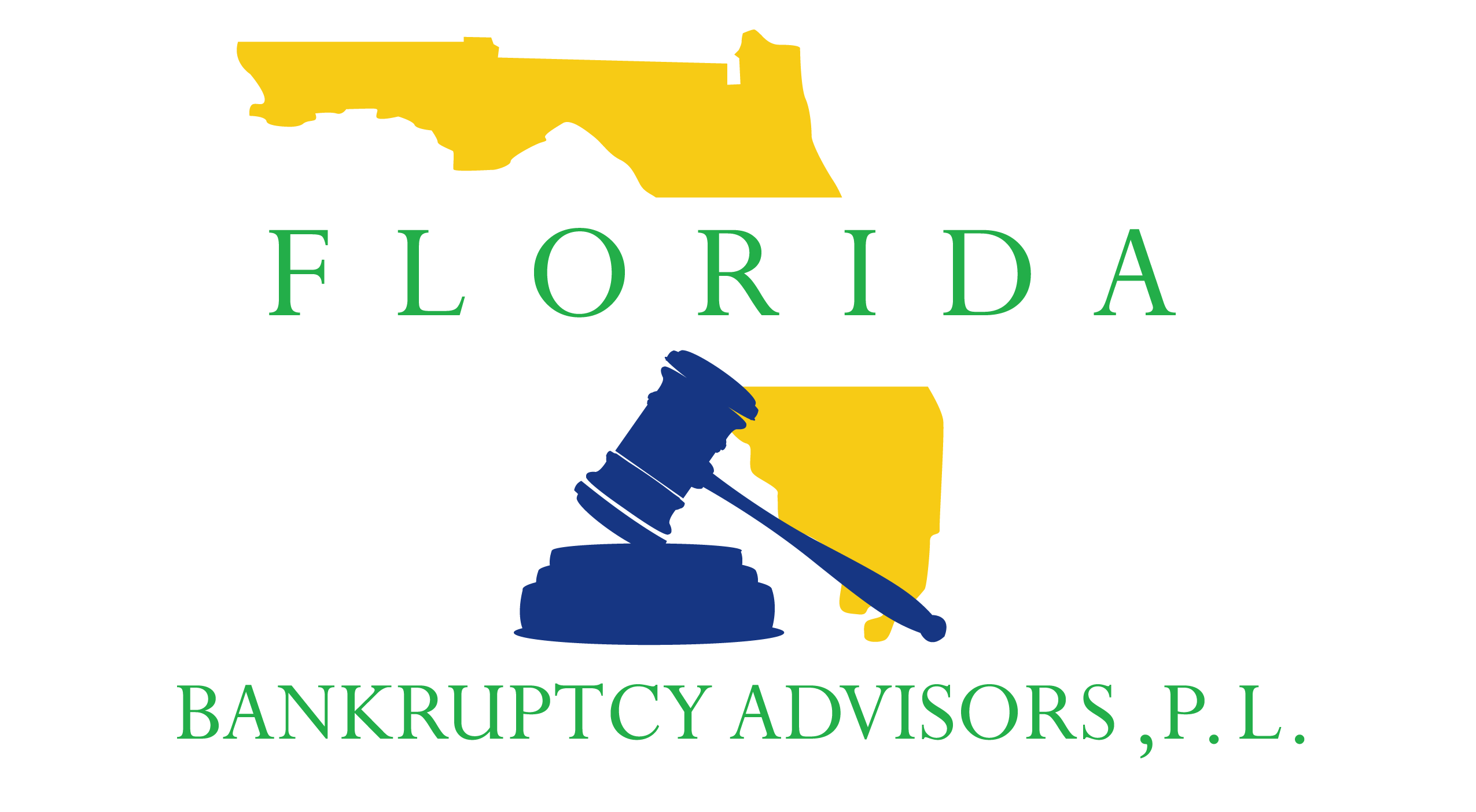Bankruptcy vs.
“Debt Settlement”, “Debt Relief”, and “Debt Consolidation”
Bankruptcy vs. Debt Consolidation, Debt Relief and Debt Consolidation - Bankruptcy Is Governed By Federal Law . . .
Bankruptcy vs. Debt Relief and Debt Consolidation – Specifically Title 11 of the U.S. Code, otherwise known as the Bankruptcy Code. A bankruptcy case is filed in federal court, with both a federal judge presiding over the case and a bankruptcy trustee. The professional offering such services must be a licensed attorney, licensed in the federal district where your bankruptcy case will be filed, with all fees disclosed and subject to objection from the bankruptcy trustee and the bankruptcy judge when you are seeking bankruptcy consultation or bankruptcy representation; These elements provide certain safeguards in bankruptcy that do not exist when dealing with certain “debt settlement”, “debt elimination”, “debt relief” and even some entities offering “debt consolidation”. You must conduct thorough research and consider the risks associated with these labeled programs and the specific companies (or websites) offering them before you sign a contract or pay them any money.
Many of These Alternative Debt Programs Require That You Deposit Money In a Special Savings Account.
They want you to pay some fixed amount for a certain period of time hoping they can settle some or all of your accounts with the money, while making a profit for themselves and with no certainty around results. As opposed to a bankruptcy filing, where the Bankruptcy Code sets the rules that creditors must follow, in debt settlement scenarios, your creditors have no obligation to agree to a settlement. This means the company you’ve been paying each month may never actually settle your debts — even if you do make all the payments the program requires. Debt settlement companies often try to negotiate smaller debts first, which gives the appearance and comfort of progress. But leaves the larger more significant debts intact, with interest and fees continuing to accrue and the risk of a lawsuit growing. Bankruptcy vs. Debt Relief and Consolidation is a very important aspect now.
It Has Been Our experience That Many of These Websites Offering “Debt Settlement” or The Like Prey on Your Unfortunate Circumstances and Fail To Deliver on The Promises They Make.
Many make promises or even “guarantees” to settle your debts for reductions ranging from 30 to 60 percent, with no real basis for making such claims. Others are just interested in collecting fees for themselves before even attempting to settle your debts. While such deceptive practices are prohibited under the Federal Trade Commission’s Telemarketing Sales Rule (TSR), they still occur regularly. It is critical to understand the risks associated with these programs before committing to them or transferring your hard-earned pay to them. Do your homework by first reading the fine print in the contract (and make sure they have a contract) and checking into their status and reputation with your state Attorney General and local consumer protection agency.
Promises they make on Bankruptcy Debt Consolidation Relief.
Promises or guarantees of settling your debt for pennies on the dollar, or making your debt go away completely, are sure-tell signs of a likely scam. Ask your state Attorney General if the company must be licensed to work in your state and, if so, whether it is. You could also type the name of the company or website with the word “complaints” in your search engine to quickly see what others are saying. Even if using a legitimate entity that successfully settles your debt, the forgiveness of debt can be considered income and taxable. Credit card companies and other creditors that settle and forgive a portion of the debt may report the settled debt to the IRS, and send you a 1099-c, which the IRS may consider as taxable income (talk to your accountant for additional information on this).
With all The Risks Outlined Above, There are Licensed Credit Not-For-Profit Counseling Organizations Out There That Can Help Educate You on Money Management and Help You Develop a Budget (A “Credit Counseling” Course Is a Requirement To Filing a Bankruptcy, and These Credit Counseling Organizations Offer This Course In Addition To Other Money Management Courses).
The credit counseling professionals are certified and trained in consumer credit, debt management and budgeting. Your credit card statements may include a toll-free number that can help you locate a reputable non-profit counseling organization in your area. The U.S. Trustee Program — which supervises all bankruptcy cases and trustees, and sits within the U.S. Department of Justice — also maintains a list of government-approved not-for-profit credit counseling organizations.
Finally, “Debt Consolidation” Is a Type of Governed Program Offered By Not-For-Profit Licensed Entities, Which Allows An Individual To “Consolidate” or Combine Several Credit Cards Into a Single Payment Each Month, Typically At a Lower Interest Rate.
While “debt consolidation” may lower monthly payments, it may not cover all of your debts and it does not offer a discharge of debt, as offered in a Chapter 7 or Chapter 13 bankruptcy.
We understand what you're going through and want to help.
Call Now for a FREE Phone Consultation with an Experienced Bankruptcy Attorney to learn more about how bankruptcy may help you.
